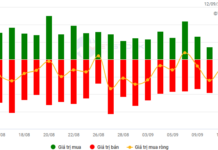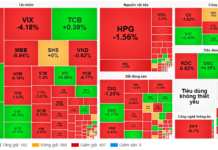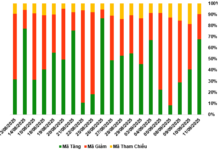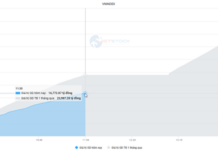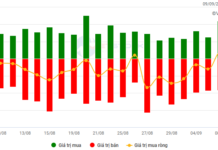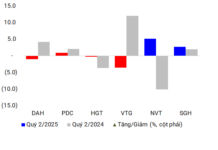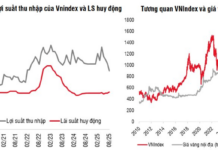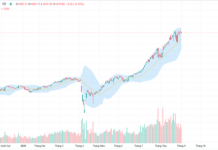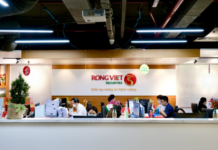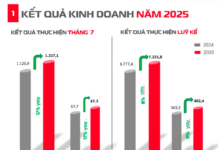On the afternoon of March 19, the online talkshow “Warning about electricity usage during the hot season” organized by Tuoi Tre newspaper received many questions from electricity users nationwide.
Many readers were curious about the solutions for using electricity in daily life and production during the hot season in 2024.
Customer Mai Phuong (from Kien Giang) wondered who is responsible for the electricity loss caused by the meter or the power line?
In response to this question, Mr. Nguyen The Huu, Deputy Director of the Electricity Regulation Department – Ministry of Industry and Trade, said that the electricity meter is the boundary point for dividing responsibilities between the electricity seller and the electricity buyer. If the leakage occurs in front of the meter, the electricity seller will be responsible. If the leakage occurs behind the meter, the electricity buyer will be responsible.
“If either party suspects that the meter is not accurate, they can report it to the other party for retesting. If either party disagrees with the test results, they can request a third-party to verify it. The one who is wrong will have to bear the testing costs” – Mr. The Huu said.
Some customers asked how to use electrical appliances efficiently, how to determine peak hours, and how to ensure the electricity supply during the hot season this year. These questions were answered in detail by the organizing committee.
Mr. Bui Trung Kien, Deputy General Director of Ho Chi Minh City Power Corporation (EVNHCMC), said that according to Decision No. 28 of 2024, peak hours are from 9:30am to 11:30am and from 5pm to 8pm; off-peak hours are from 10pm to 4am the next day. The remaining time is considered as normal hours.
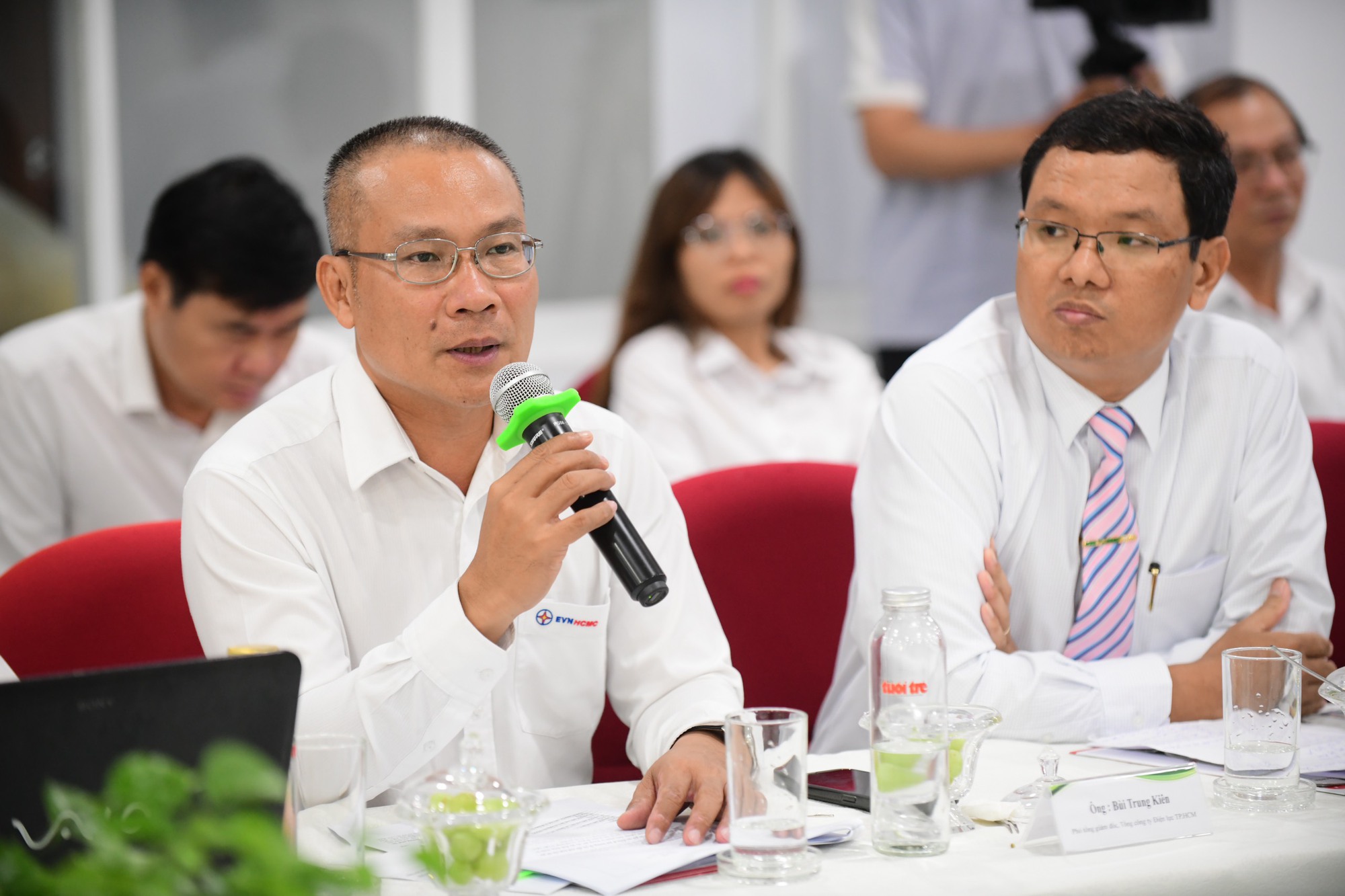
Mr. Bui Trung Kien, Deputy General Director of EVNHCMC, explaining the questions of electricity consumers
“Different electricity prices will be applied in each time frame. The electricity sector advises customers to limit the use of high-power devices during peak hours, and shift the demand to off-peak hours or normal hours. For production, the goal is to keep the total electricity consumption unchanged” – Mr. Kien shared.
Regarding the electricity supply situation in 2024, Mr. Vo Quang Lam, Deputy General Director of Electricity of Vietnam (EVN), said that from the beginning of 2024 until now, Vietnam’s economy has made strong recovery progress, with nationwide electricity sales reaching 14.5%, triple compared to 2023.

Mr. Vo Quang Lam, Deputy General Director of EVN, providing information about the electricity supply solution during the hot season in 2024
This year it is forecasted that there will be hot weather and high temperatures nationwide, leading to increased electricity demand from customers. Therefore, the electricity supply and usage issues have become urgent.
Meanwhile, Mr. Nguyen The Huu said that this year, electricity consumption is expected to increase, and EVN has implemented many solutions to ensure the electricity supply.
Currently, hydropower plants have filled up their water reservoirs to prepare for the dry season, not only to generate electricity but also to provide water for production purposes.
Thermal power plants and gas turbine power plants have reviewed their fuel and system to promptly handle any incidents. In addition, the operation of power plants is closely monitored and promptly addressed.
The electricity sector is also accelerating the construction of transmission lines and 500kV power lines to ensure electricity supply for production and daily life.
Mobilizing expensive power sources
Mr. Vo Quang Lam said that EVN is focusing on mobilizing a large amount of thermal power, with the goal of ensuring electricity supply for the economy and ensuring water supply for daily life and agriculture, as this year’s dry season is expected to be prolonged. Therefore, EVN has to mobilize expensive power sources, mainly thermal power plants, with a growth rate of 145% compared to 2023.
EVN will also maximize the use of renewable energy sources on weekdays, except for Saturdays, Sundays, and holidays. Specifically, wind power will be mobilized 25% more than last year, while solar power will be mobilized 19% more than in the previous year.

